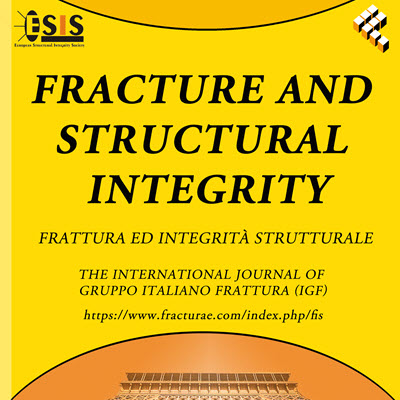Fracture and Structural Integrity: The Podcast
Stay at the cutting edge of fracture mechanics and structural integrity research with the official podcast of the Fracture and Structural Integrity journal. Join us for insightful interviews with top researchers, in-depth discussions of groundbreaking papers, and explorations of emerging trends in the field.
RSS Spotify YouTube Amazon Music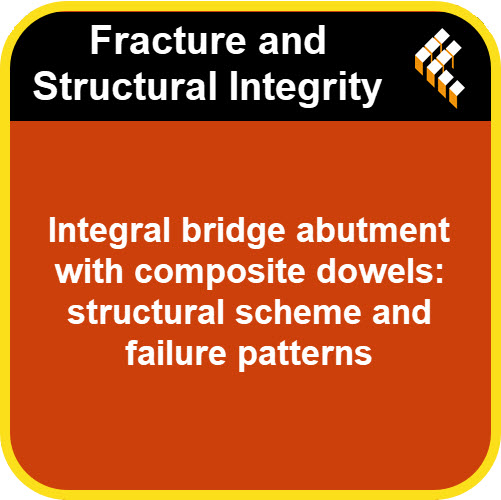
Integral bridge abutment with composite dowels: structural scheme and failure patterns
2025-06-19
https://www.fracturae.com/index.php/fis/article/view/5437
More DownloadFiletype: MP3 - Size: 20 MB - Duration: 16:55m (160 kbps 24000 Hz)
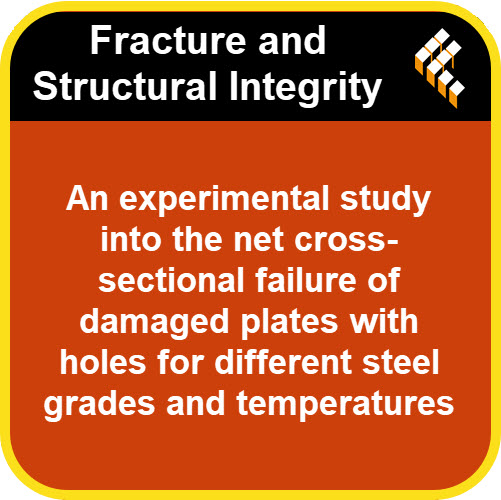
An experimental study into the net cross-sectional failure of damaged plates with holes for different steel grades and temperatures
2025-06-15
https://www.fracturae.com/index.php/fis/article/view/5444
More DownloadFiletype: MP3 - Size: 29 MB - Duration: 24:42m (160 kbps 24000 Hz)
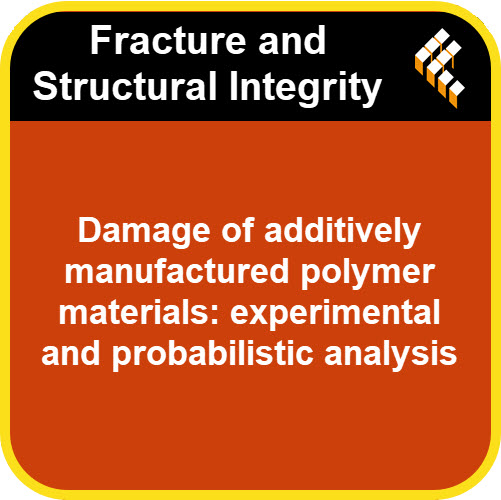
Damage of additively manufactured polymer materials: experimental and probabilistic analysis
2025-06-11
https://www.fracturae.com/index.php/fis/article/view/5465
More DownloadFiletype: MP3 - Size: 24 MB - Duration: 20:36m (160 kbps 24000 Hz)

Investigation on the tensile strength, hardness and wear properties in n-B4C reinforced Al7075 composites
2025-06-06
https://www.fracturae.com/index.php/fis/article/view/5400
More DownloadFiletype: MP3 - Size: 20 MB - Duration: 17:00m (160 kbps 24000 Hz)
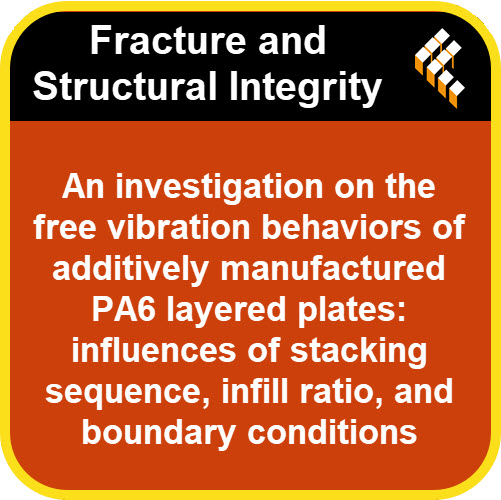
An investigation on the free vibration behaviors of additively manufactured PA6 layered plates: influences of stacking sequence, infill ratio, and boundary conditions
2025-06-04
https://www.fracturae.com/index.php/fis/article/view/5461
More DownloadFiletype: MP3 - Size: 17 MB - Duration: 14:30m (160 kbps 24000 Hz)

Experimental test on 3D-printing components for Architectural Restoration
2025-06-04
https://www.fracturae.com/index.php/fis/article/view/5414
More DownloadFiletype: MP3 - Size: 19 MB - Duration: 16:21m (160 kbps 24000 Hz)
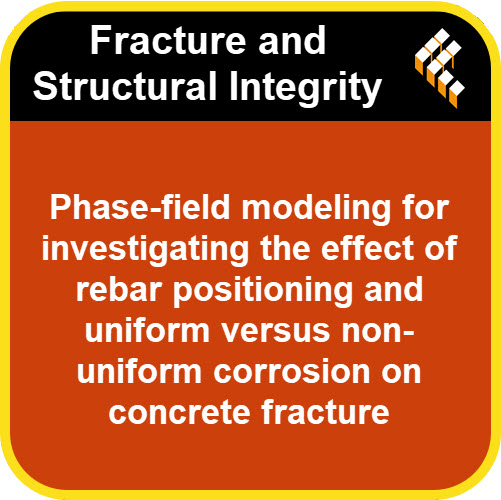
Phase-field modeling for investigating the effect of rebar positioning and uniform versus non-uniform corrosion on concrete fracture
2025-05-24
https://www.fracturae.com/index.php/fis/article/view/5278
More DownloadFiletype: MP3 - Size: 20 MB - Duration: 17:12m (160 kbps 24000 Hz)

Prediction of the tensile strength of FDM specimens based on Tsai Hill criteria
2025-05-22
https://www.fracturae.com/index.php/fis/article/view/5416
More DownloadFiletype: MP3 - Size: 21 MB - Duration: 18:02m (160 kbps 24000 Hz)
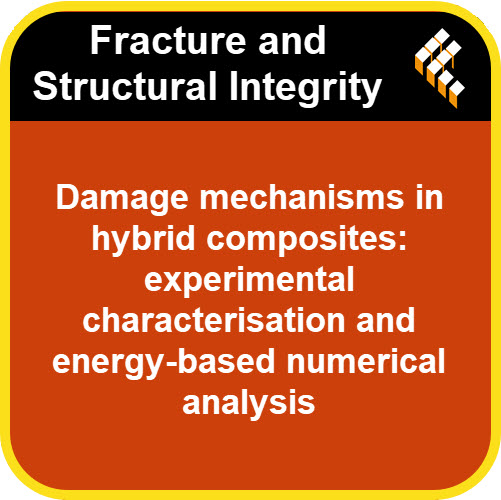
Damage mechanisms in hybrid composites: experimentalcharacterisation and energy-based numerical analysis
2025-05-21
https://www.fracturae.com/index.php/fis/article/view/5450
More DownloadFiletype: MP3 - Size: 30 MB - Duration: 25:43m (160 kbps 24000 Hz)
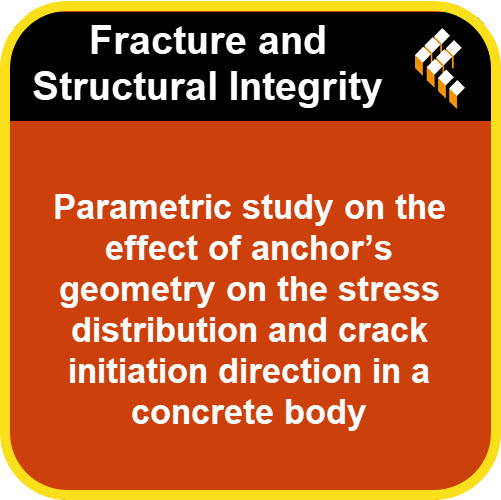
Parametric study on the effect of anchor’s geometry on the stress distribution and crack initiation direction in a concrete body
2025-05-14
https://www.fracturae.com/index.php/fis/article/view/5440
More DownloadFiletype: MP3 - Size: 15 MB - Duration: 13:15m (160 kbps 24000 Hz)
Powered by Podcast Generator, an open source podcast publishing solution | Theme based on Bootstrap
